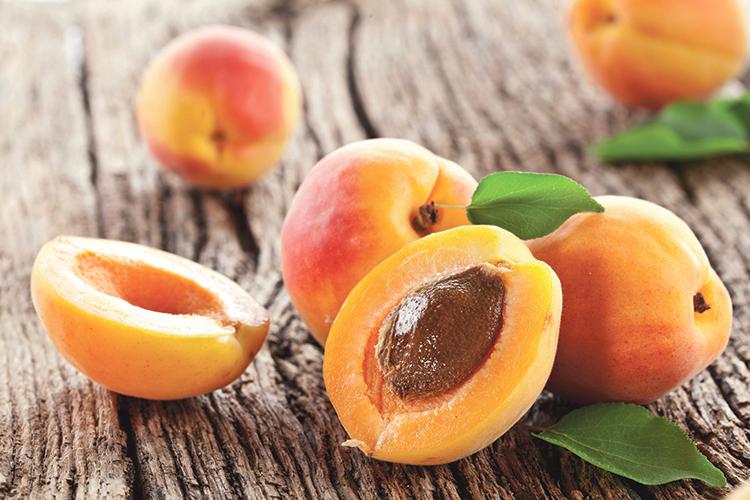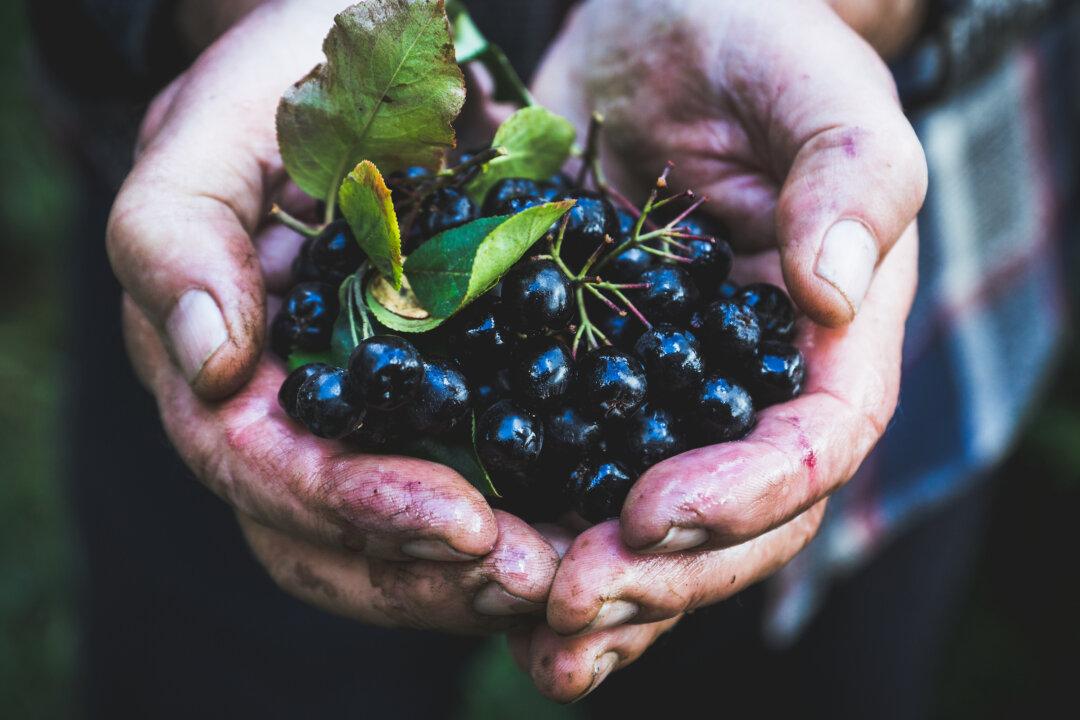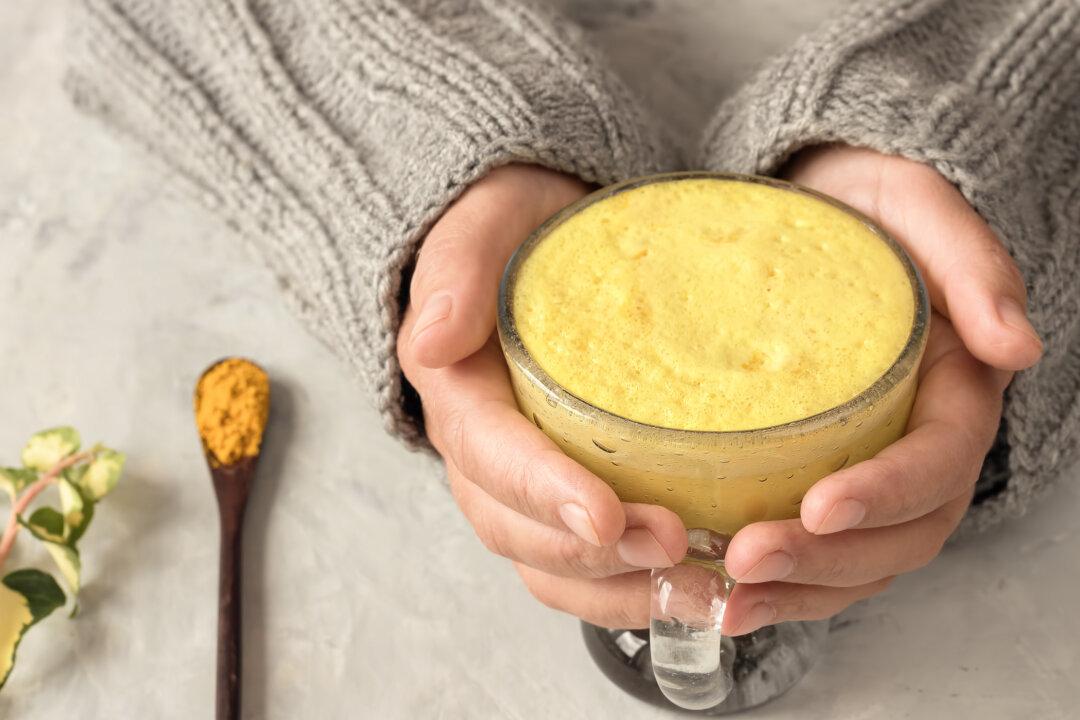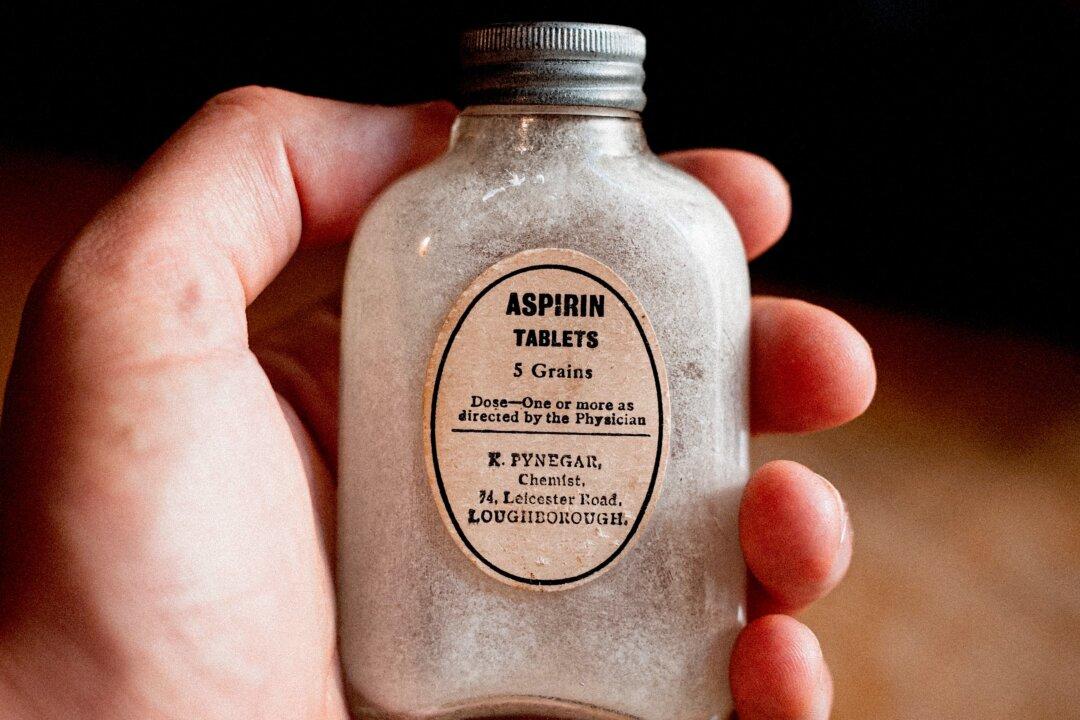Not many natural cancer treatments have been as controversial as laetrile, a substance derived from the seeds of apricots. But make no mistake, the heated debate over the effectiveness of apricot kernel therapy (laetrile therapy) in treating cancer has not died down as conventional medical doctors and holistically minded experts go toe-to-toe in heated debates.

Apricot seeds contain the highest concentration of B-17 (amagdylin) of any food on the planet! Valentyn Volkov/photos.com
|Updated:
James Templeton founded Uni Key Health Systems in 1992 and now the Templeton Wellness Foundation as a way of giving back and helping others achieve the health and wellness they are seeking.
Author’s Selected Articles





